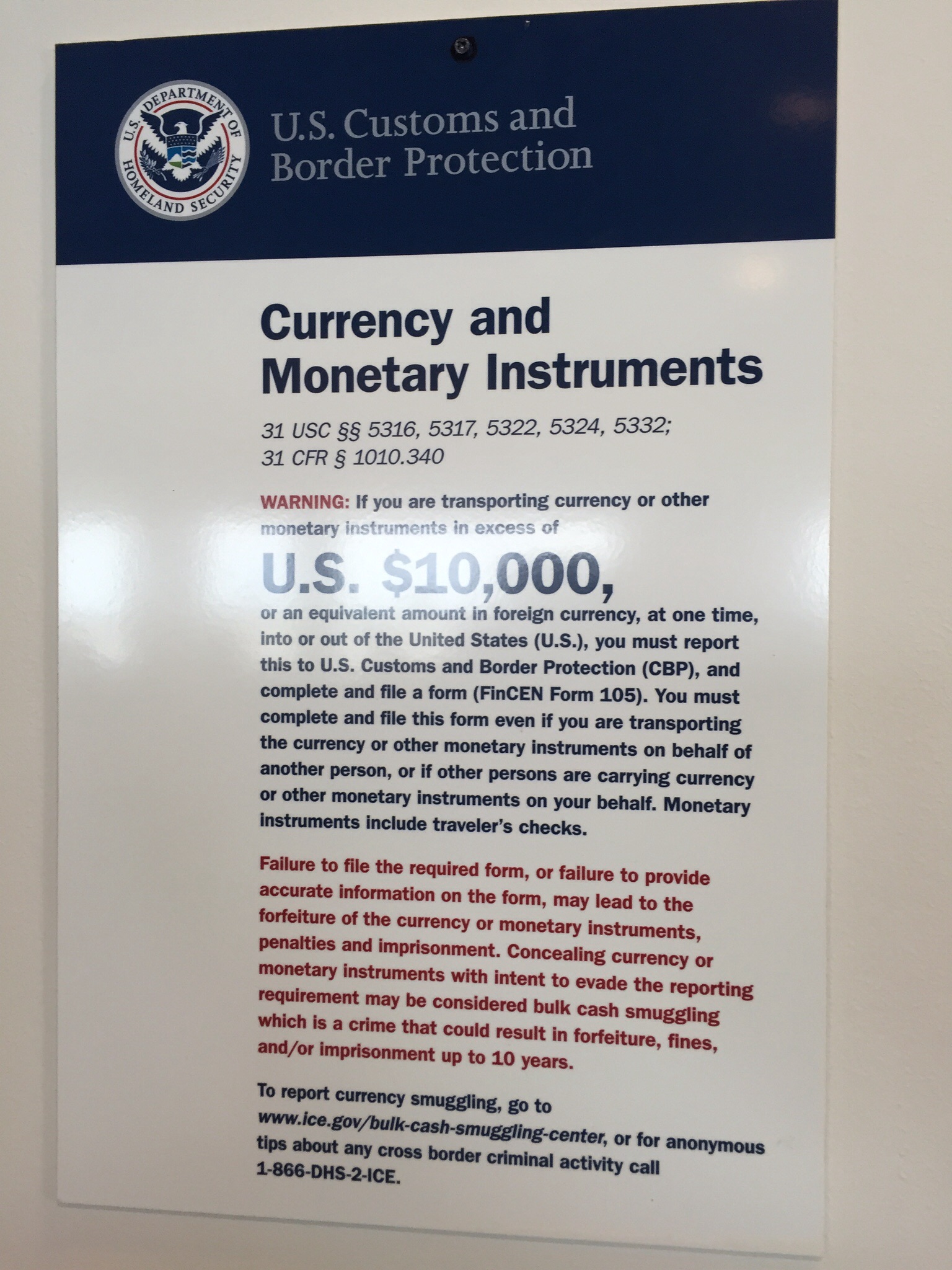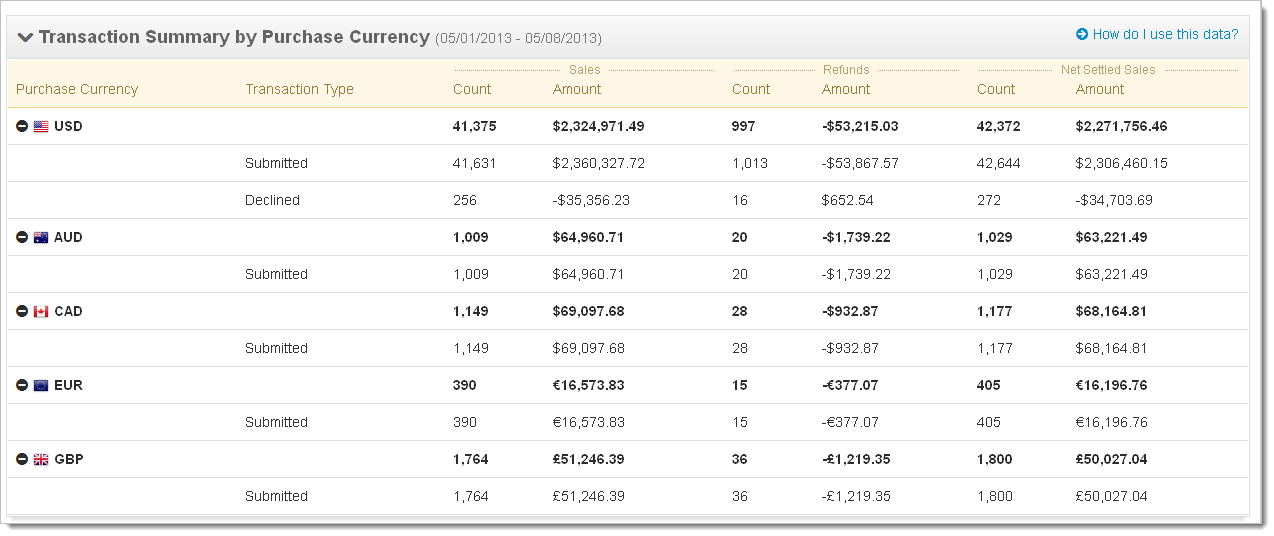

This prohibition does not preclude, under Federal law, a disclosure in an appropriate manner of the facts that are the basis of the SAR, so long as the disclosure is not made in a way that indicates or implies that a SAR has been filed or that information is included on a filed SAR.

This prohibition extends to disclosures that could indirectly result in the notification to the subject of a SAR that a SAR has been filed, effectively precluding the disclosure of a SAR or even its existence to any persons other than appropriate law enforcement and supervisory agency or agencies.

5318(g)(2)) prohibits the notification to any person that is involved in the activity being reported on a SAR that the activity has been reported. (12/2000)Īnswer 9: As set forth in the October 2000 SAR Activity Review (Section 5 – Disclosure of SARs and Underlying Suspicious Activity), Federal law (31 U.S.C. In several matters to date, government agencies have intervened to ensure that the protection for filing organizations and the integrity of the data contained within the SAR database remain intact.
#Currency transaction report filing how to#
The SAR regulations direct organizations facing those issues to contact their primary supervisor, as well as FinCEN, to obtain guidance and direction on how to proceed. The prohibition against disclosure can raise special issues when SAR records are sought by subpoena or court order. However, this prohibition does not preclude, under Federal law, a disclosure in an appropriate manner of the facts that are the basis of the SAR, so long as the disclosure is not made in a way that indicates or implies that a SAR has been filed or that the information is included on a filed SAR. This prohibition effectively precludes the disclosure of a SAR or the fact that a SAR has been filed. 5318(g)(2)) prohibits the notification of any person that is involved in the activity being reported on a SAR that the activity has been reported. In situations involving violations of law requiring immediate attention, the organization should immediately notify appropriate law enforcement and supervisory authorities, in addition to filing a SAR. Of course, an expeditious review, wherever possible, is recommended and can be of significant assistance to law enforcement. The time to file a SAR starts when the organization, in the course of its review or on account of other factors, reaches the position in which it knows, or has reason to suspect, that the activity or transactions under review meets one or more of the definitions of suspicious activity. The fact that a review of customer activity or transactions is determined to be necessary is not necessarily indicative of the need to file a SAR, even if a reasonable review of the activity or transactions might take an extended period of time. It may be appropriate for organizations to conduct a review of the activity to determine whether a need exists to file a SAR. (6/2001)Īnswer 7: The SAR rules require that a SAR be filed no later than 30 calendar days from the date of the initial detection of the suspicious activity, unless no suspect can be identified, in which case, the time period for filing a SAR is extended to 60 days. Moreover, the information contained in a SAR that one law enforcement agency has declined to investigate may be of interest to other law enforcement agencies, as well as supervisory agencies. The filing of SARs on continuing suspicious activity provides useful information to law enforcement and supervisory authorities. If conduct continues for which a SAR has been filed, the guidance set forth in the October 2000 SAR Activity Review (Section 5 – Repeated SAR Filings on the Same Activity) should be followed (i.e., organizations should report continuing suspicious activity with a SAR being filed at least every 90 days) even if a law enforcement agency has declined to investigate or there is knowledge that an investigation has begun.

In other instances, a law enforcement agency has contacted a financial institution to report that it does not intend to investigate the matter reported on the SAR. Answer 4: In some instances, after the filing of one or more SARs, law enforcement has contacted a financial institution requesting more specific information with regard to the suspect activity or requesting identified supporting documentation.


 0 kommentar(er)
0 kommentar(er)
